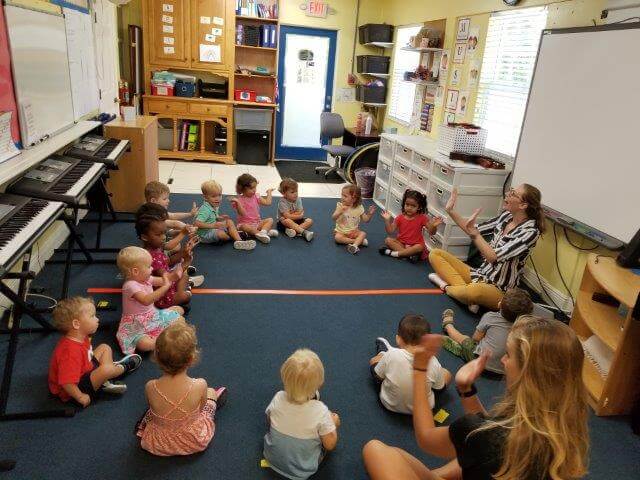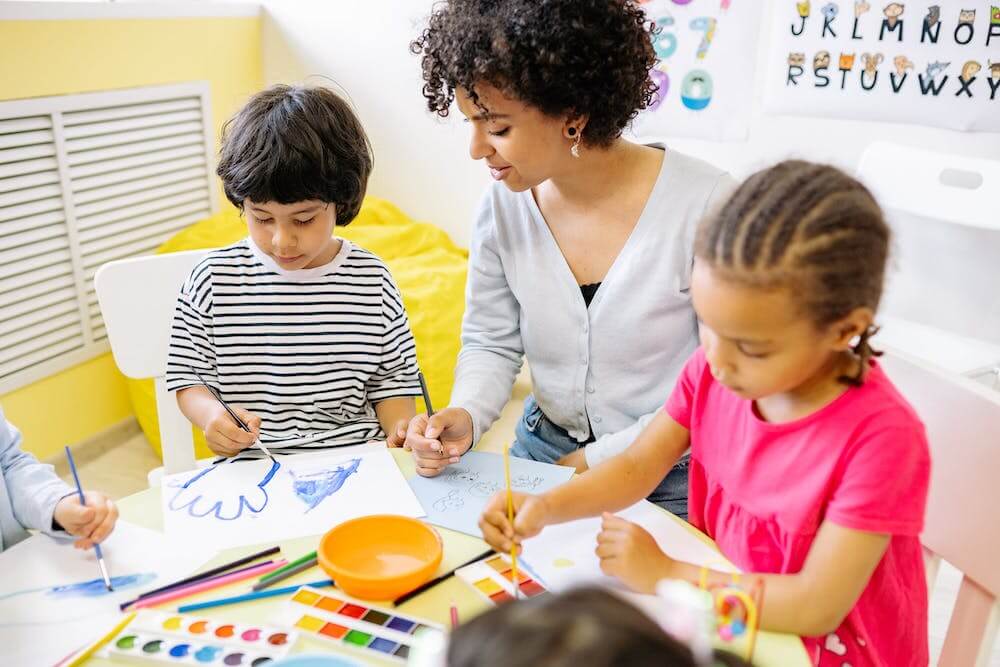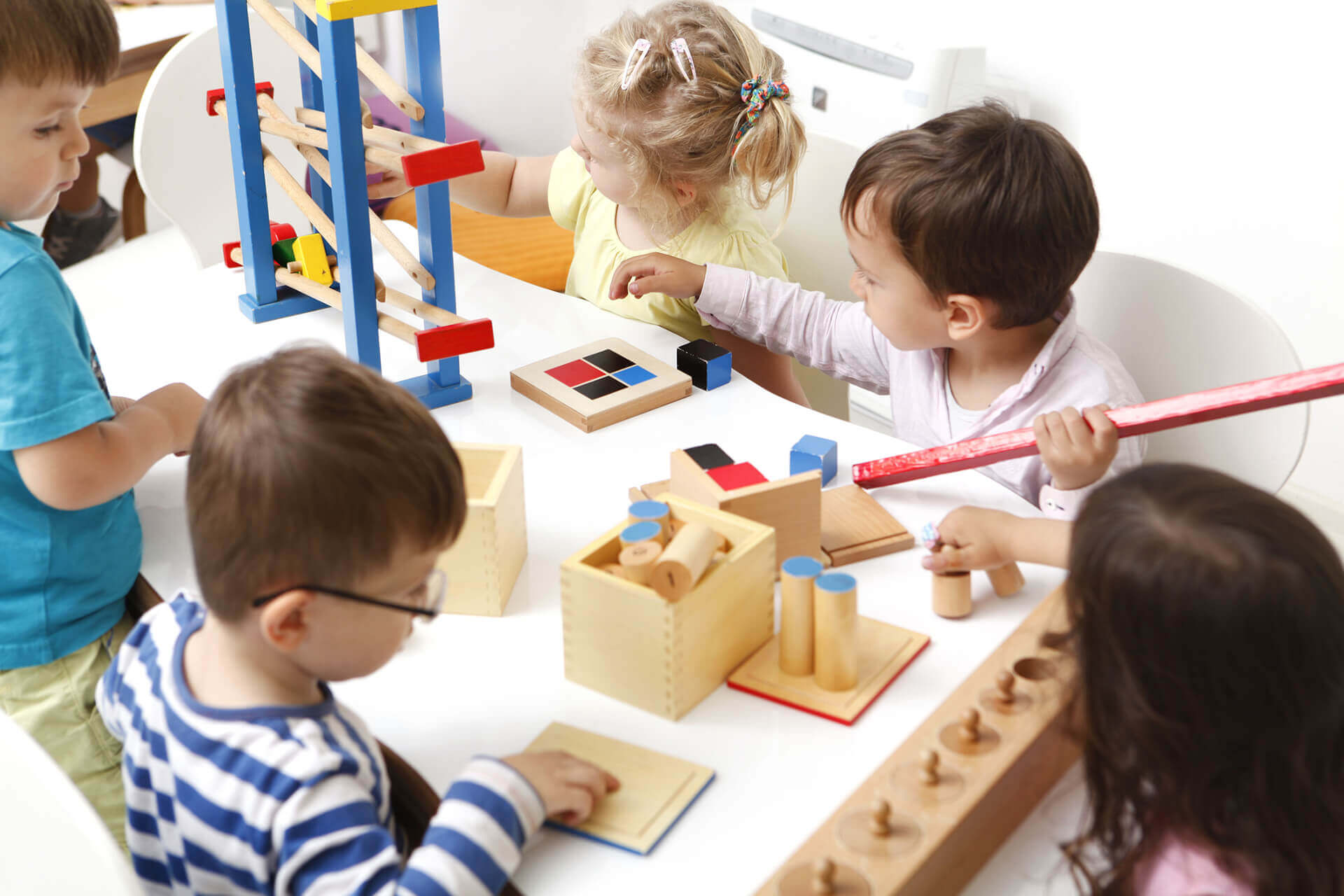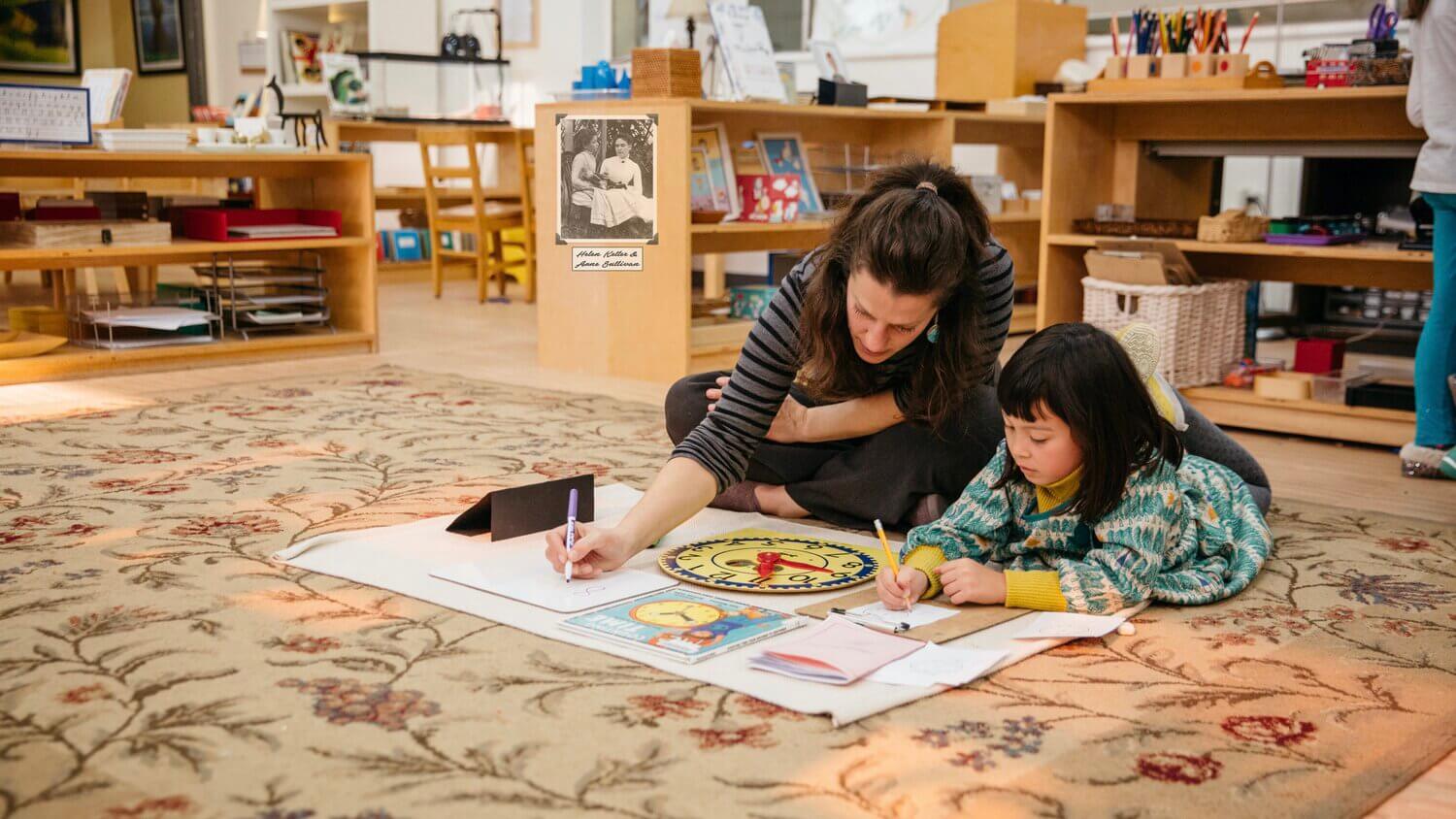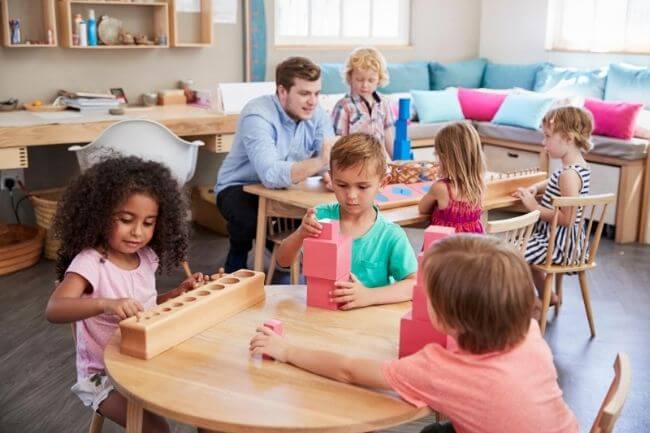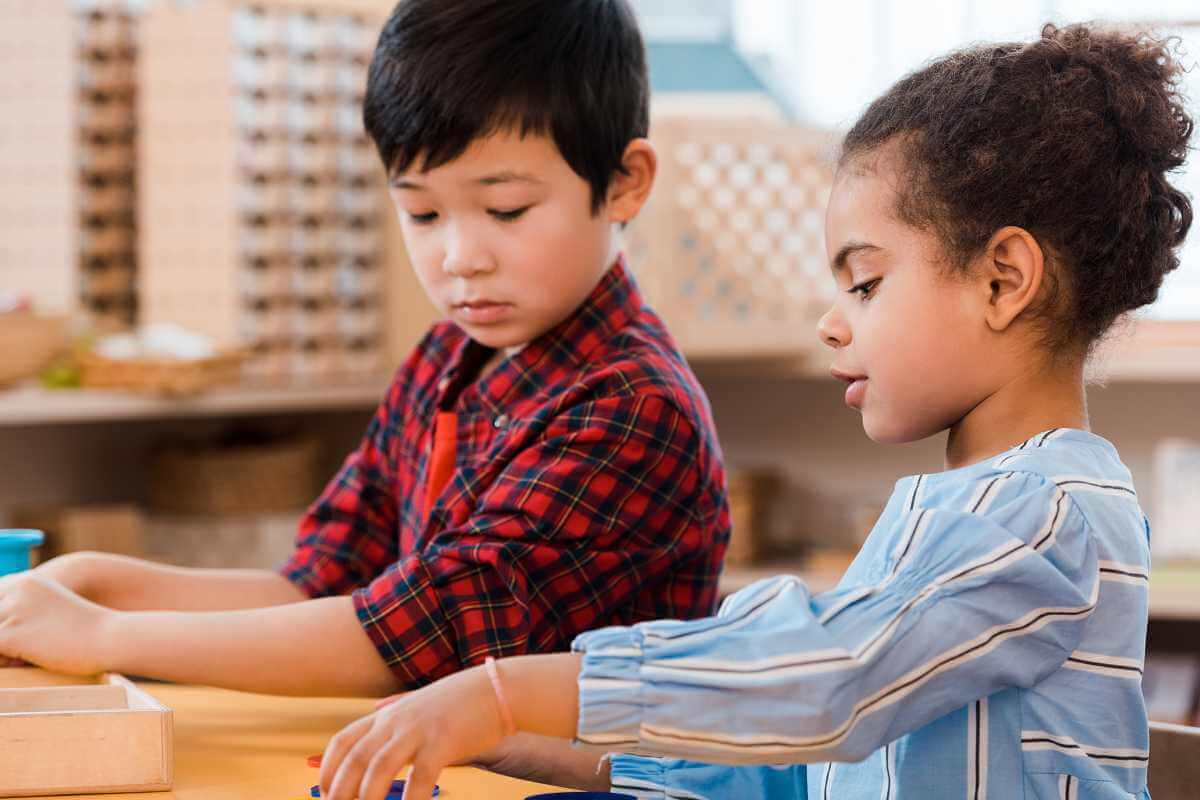
5 Ways to Support Child’s Independence
The child’s development follows a path of increasing independence, and our understanding of this must guide our behavior toward them. And supporting child’s independence is quite important. We must assist the child in acting, deciding, and thinking for themselves. It is the art of serving the spirit, an art that can only be perfected when working with children.” –Doctor Maria Montessori. After all, it’s a cornerstone of our Montessori practice and one of the most important keys to fully educating



